Colorful Minds: Interview with Lisa Westerdick
Published on May 3, 2024
“Companies that have not firmly embedded diversity into their values and goals will slowly lose their ability to be competitive,” according to our colleague Lisa Westerdick. Yet, why is that? Can new work concepts bring about greater equality in companies? As a female SAP application consultant, what are the challenges she has faced as a woman in everyday project management business? She explains that and much more in the following interview.

Why is diversity important for the business world?
Lisa Westerdick: When we learn to integrate different perspectives into our work context, the quality of our results improves. Solution approaches become more comprehensive since we are able to take more approaches and use cases into consideration. Many roads lead to Rome... Wait a minute, why does it have to be Rome? Different points of view encourage creativity and that increases our innovative power. Our workplace, the location where we spend a significant part of our lives, is a cross section of our society. If we actually want to be inclusive and have diversity in our lives, that has to be part of our professional environment as well.
Why is diversity important for the business world?
Lisa Westerdick: When we learn to integrate different perspectives into our work context, the quality of our results improves. Solution approaches become more comprehensive since we are able to take more approaches and use cases into consideration. Many roads lead to Rome... Wait a minute, why does it have to be Rome? Different points of view encourage creativity and that increases our innovative power. Our workplace, the location where we spend a significant part of our lives, is a cross section of our society. If we actually want to be inclusive and have diversity in our lives, that has to be part of our professional environment as well.
... Feel diversity provides concrete benefits for their company/institution.
... Have already witnessed social discrimination in their work environment.
... Expect organizations to include diversity in their strategic management approaches to an even greater extent going forward, making it more relevant.
What do you say to skeptics who do not think diversity is important?
Lisa: Companies that have not firmly embedded diversity into their values and goals will slowly lose their ability to be competitive. In an era in which globalization effectively determines what our business and economic systems look like, we can no longer embrace the mindset of a century ago. Insulated thinking and actions will not be successful in the long term. Besides discussing the economic factors, I try to approach undecided skeptics with questions. It is often fear or misinformation that has caused them to be resistant. Many of those fears tend to be unfounded and can be dispelled in an open and clarifying discussion.
What do you say to skeptics who do not think diversity is important?
Lisa: Companies that have not firmly embedded diversity into their values and goals will slowly lose their ability to be competitive. In an era in which globalization effectively determines what our business and economic systems look like, we can no longer embrace the mindset of a century ago. Insulated thinking and actions will not be successful in the long term. Besides discussing the economic factors, I try to approach undecided skeptics with questions. It is often fear or misinformation that has caused them to be resistant. Many of those fears tend to be unfounded and can be dispelled in an open and clarifying discussion.
Within the context of diversity: What challenges do you think msg is facing?
Lisa: The IT industry is still mostly dominated by men. In this field in particular there is still internal educational work that needs to be done so we can be more diverse and can create a work environment that is even more tolerant. Explicitly promoting women is good, but it is just the beginning. When we talk about diversity, we need to take a more multifaceted approach and we need to define the term in a way that is clear to everyone. We are referring to all genders, all sexual orientations, all skin colors, all origins, all religions and all age groups. When we talk about discrimination, we are also referring to the everyday “clichés” and so-called “locker room talk” that create uncomfortable situations and keep prejudices alive. As a multicultural group full of amazing colleagues and that is in favor of diversity and against sexism, racism and queer hostility, there is huge potential at msg and we need to make sure we develop and exhaust that potential.
As a role model for women at msg, what is the core message you would like to share based on your experience?
Lisa: Actually, I would prefer to send a core message to my male colleagues: Work with us to clarify questions and listen when women, people from the queer community or people of color share their perspectives with you. Let’s work together to become more diverse and tolerant!

Do you think new work could open up more opportunities for women going forward?
Lisa: I think new work will mean greater freedom in shaping individual work hours and locations. Furthermore, progressive work conditions are not only beneficial to women, but to anyone who provides unpaid care throughout the day (although that does tend to fall to women). Not only does it promote equality in familial situations, but the flexibility offers many benefits for single parents as well.
What are the challenges women face in project management?
Lisa: Women tend to undervalue rather than overrate themselves. This innate sense of caution is wrong and is still an internal hurdle I have to overcome every time. A confident, yet self-reflective presence is essential in order to develop projects and teams, regardless of size. The characteristics commonly attributed to male leaders in this context are “strong”, “visionary”, a “mover and shaker” or “influential”, while female leaders tend to be labeled as “bitchy”, “dominant” or “hysterical”, and that is not an msg-specific observation either, but a general observation from the female experience.

All articles from the "Colorful Minds" series
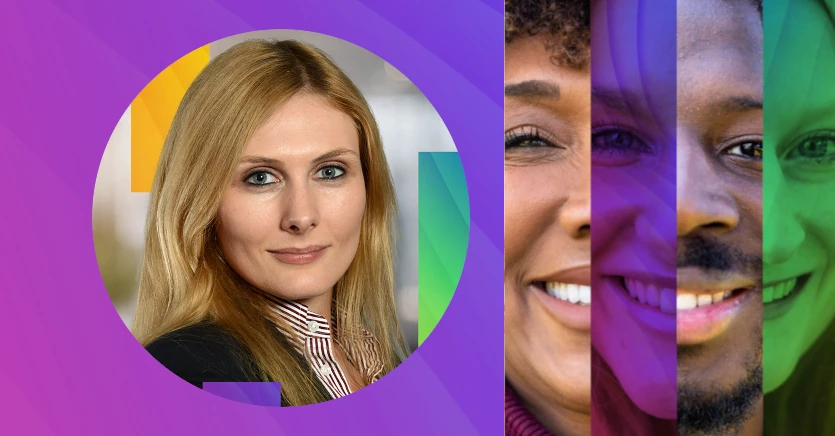
Interview with Katalin Karadi
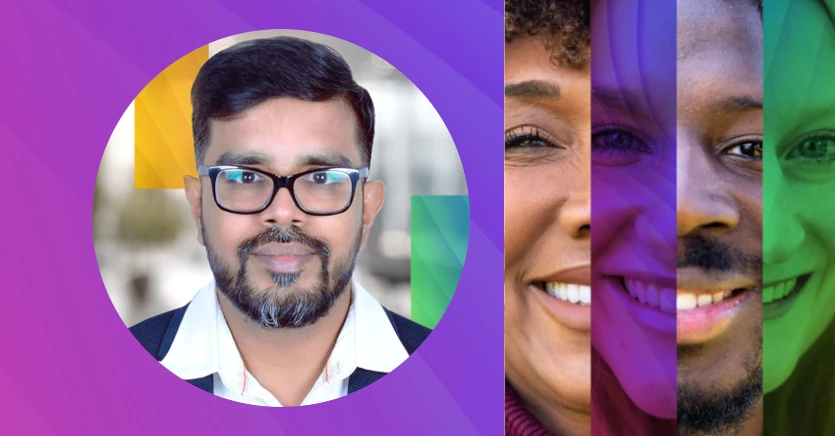
Interview with Sajit Gangadharan
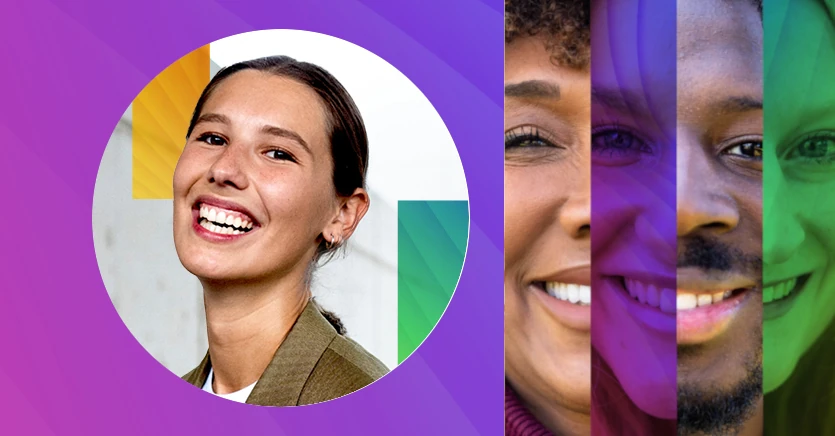
Interview with Lisa Westerdick
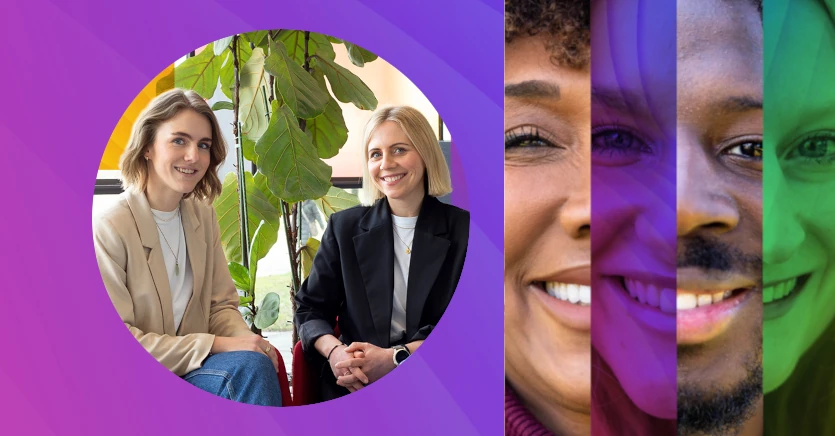
Interview with Verena Ambros & Lena Gotzler
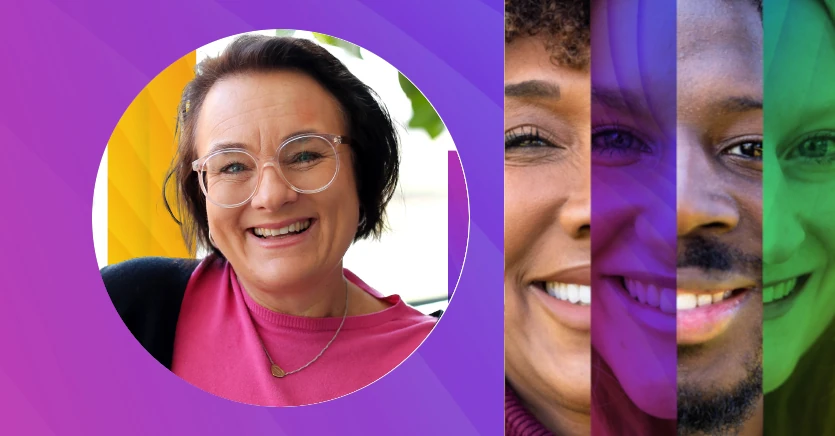
Interview with Martina Rosenow
This might also interest you
Stronger through living diversity - our diversity measures


